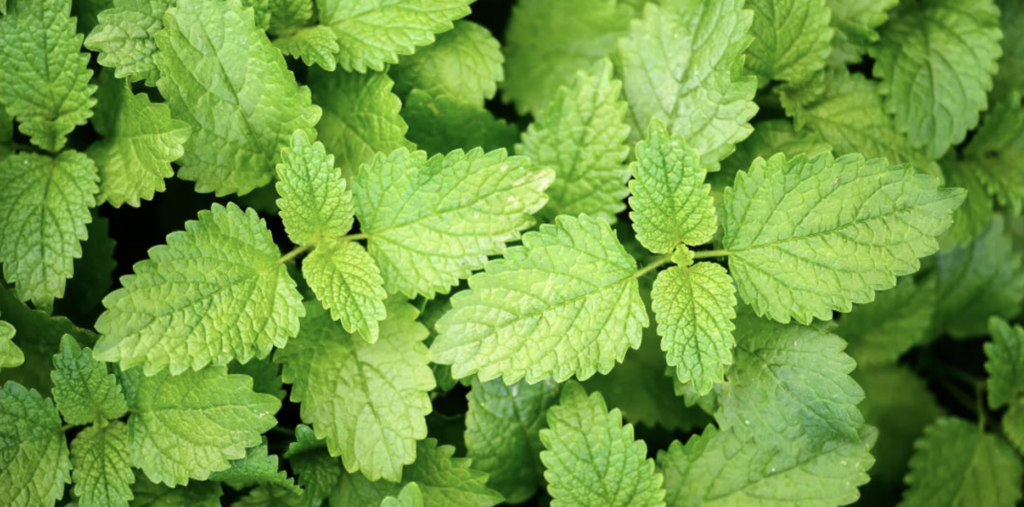Kelp: (Ascophllum)

Otherwise known as kelp, this weird yet wonderful brown alga is found in the northern Atlantic Ocean, sourced from the Scottish Outer Hebrides.
Kelp forests are large underwater ecosystems found in shallow, nutrient-rich coastal waters around the world – particularly in cold, temperate regions.
Kelp forests are one of the most productive and diverse ecosystems on Earth, supporting a wide variety of marine life and providing numerous ecological benefits.
Health benefits:
Rich in Iodine: Kelp is an excellent natural source of iodine, an essential mineral that plays a crucial role in thyroid function. Adequate iodine intake is necessary for the production of thyroid hormones, which regulate metabolism, energy production, and overall growth and development.
Nutrient Dense: Kelp is packed with a wide array of essential nutrients, including vitamins (such as vitamin C, vitamin K, and various B vitamins), minerals (such as potassium, calcium, magnesium, and iron), and trace elements (such as manganese, copper, and zinc). These nutrients are vital for overall health and well-being, supporting various bodily functions, including immune function, bone health, and energy metabolism.
Antioxidant Properties: Kelp also contains a range of antioxidants, including polyphenols, flavonoids, and carotenoids, which help protect cells from oxidative stress and damage caused by free radicals. Antioxidants play a key role in reducing inflammation, supporting cardiovascular health, and combating aging processes.
Supports Digestive Health: The fiber content, along with its mucilaginous properties, can support digestive health by promoting regularity, aiding in the removal of waste and toxins from the body, and supporting a healthy gut microbiome.
Potential Weight Management: Some research suggests that the fiber content in kelp may help promote feelings of fullness, which could aid in weight management by reducing appetite and calorie intake.
Bone Health: It’s a natural source of minerals such as calcium, magnesium, and phosphorus, which are essential for maintaining strong and healthy bones. Adequate intake of these minerals can help reduce the risk of osteoporosis and improve overall bone density.
Supports Skin Health: The vitamins, minerals, and antioxidants found in kelp can support skin health by promoting collagen production, protecting against UV damage, and reducing inflammation. This may result in improved skin elasticity, hydration, and overall appearance.
Boosts Energy Levels: The iodine and other nutrients in Scottish kelp play a crucial role in energy metabolism, helping to convert food into energy and supporting overall vitality and stamina.
Spirulina (Arthrospira)

Next on our weird yet wonderful list is Spirulina – one of the oldest life forms on Earth and has been consumed by various cultures throughout history.
It was reportedly used by the Aztecs in Mexico as a common food source.
Spirulina is a blue-green microalgae found in various freshwater and marine environments around the world, particularly in warm and alkaline waters.
Here’s a brief overview and history of spirulina as a health supplement:
Health Benefits
High in protein: Spirulina is a nutrient-dense superfood, containing high levels of protein (55-70%), vitamins (such as vitamin A, vitamin K, and various B vitamins), minerals (including iron, calcium, and magnesium), and antioxidants.
Supports Immune Function: Spirulina contains compounds such as phycocyanin, which have been shown to have immune-boosting properties, helping to support the body’s natural defenses against infections and illnesses.
Enhances Energy Levels: Spirulina is rich in nutrients that support energy production, such as iron, magnesium, and B vitamins. Consuming spirulina may help combat fatigue and improve overall energy levels.
Detoxification: Spirulina has been shown to have detoxifying properties, helping to remove heavy metals and toxins from the body. Its high chlorophyll content is thought to support the body’s natural detoxification processes.
Supports Heart Health: Studies suggest that spirulina may help lower LDL cholesterol and triglyceride levels, while increasing HDL cholesterol, thus supporting heart health and reducing the risk of cardiovascular disease.
Anti-inflammatory Properties: Spirulina contains various antioxidants and anti-inflammatory compounds that may help reduce inflammation in the body, potentially benefiting conditions such as arthritis and inflammatory bowel diseases.
Chlorella

Chlorella is a single-celled green freshwater algae that is found primarily in freshwater bodies such as ponds, lakes, and rivers. (and not a California Music Festival)
In the early 20th century, chlorella gained attention as a potential solution to global malnutrition due to its high protein content and rich nutrient profile.
It was even considered as a potential food source for space travel due to its rapid growth and dense nutritional composition.
Health Benefits:
Nutrient Dense: Chlorella is a powerhouse of nutrients, containing high levels of protein (up to 60% by dry weight), vitamins (including vitamin A, vitamin C, and various B vitamins), minerals (such as iron, calcium, and magnesium), and antioxidants.
Detoxification: Chlorella is known for its detoxifying properties, helping to remove heavy metals and toxins from the body. Its unique cell wall structure binds to heavy metals and other toxins, facilitating their removal through the digestive tract.
Immune Support: Chlorella contains compounds such as chlorophyll, beta-glucans, and polysaccharides, which have been shown to support immune function and enhance the body’s natural defenses against infections and illnesses.
Digestive Health: The fiber content in chlorella, along with its beneficial microflora, can support digestive health by promoting regularity, aiding in the removal of waste and toxins from the body, and supporting a healthy gut microbiome.
Antioxidant Properties: Chlorella is rich in antioxidants, including chlorophyll, beta-carotene, and vitamin C, which help protect cells from oxidative stress and damage caused by free radicals. Antioxidants play a key role in reducing inflammation and supporting overall health and well-being.
Nettle (Urtica Dioica)

We’ve all had an unexpected encounter with these prickly characters. Despite existing in the back of your nans garden, nettles have a long history of use in traditional medicine.
Nettles may be small in stature, but they pack a powerful punch when it comes to health and wellness.
Various cultures, including the Ancient Greeks and Romans, utilised nettles for treating a wide range of ailments, from joint pain to allergies.
Nettles were also used as a source of natural dye. The leaves of the nettle plant produce a vibrant green color when crushed and boiled, making them ideal for dyeing fabrics.
In some cultures, nettles are considered a delicacy and are used in traditional culinary dishes. They can be incorporated into soups, stews, pies, and even pasta dishes for their unique flavor and nutritional benefits.
Did you know? Urtication is the practice of intentionally stinging oneself with nettles. This has been documented in various cultures throughout history and is believed to relieve symptoms of inflammation. We don’t recommend doing that though!
Health Benefits
Rich in Nutrients: Nettles are packed with vitamins and minerals, including vitamins A, C, and K, as well as calcium, iron, and magnesium. Incorporating nettles into your diet can provide a powerful nutritional boost.
Allergy Relief: Believe it or not, nettles may offer relief for seasonal allergies. Some studies suggest that compounds found in nettles can help reduce inflammation and histamine levels, easing symptoms like sneezing and itching.
Joint Support: Nettles have long been used to alleviate joint pain and arthritis symptoms. Their anti-inflammatory properties may help reduce swelling and improve mobility, offering natural relief for those with chronic joint conditions.
Blood Sugar Regulation: Preliminary research indicates that nettles may play a role in regulating blood sugar levels, making them a potentially valuable addition to the diets of those managing diabetes or insulin resistance.
Skin Health: Nettles aren’t just beneficial when consumed—they can also work wonders for your skin. Nettle extracts are commonly found in skincare products due to their anti-inflammatory and antioxidant properties, which may help soothe irritated skin and combat signs of aging.
Digestive Aid: Nettles have a long history of use as a digestive tonic. Whether consumed as a tea or included in culinary dishes, nettles can support healthy digestion and alleviate symptoms like bloating and indigestion.
UltraGreens
All these weird and wonderful ingredients can be found alongside 35 greens, fruits and berries, vegetables, seeds, sprouts and herbals, plus bio-active enzymes.
A Soil Association certified organic and vegan whole food supplement, UltraGreens has some of the most nutrient-dense ingredients that nature has to offer in one easy-to-take capsule – and there’s a hundred of them!


